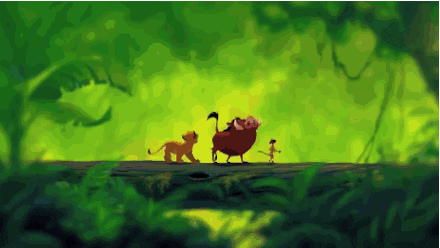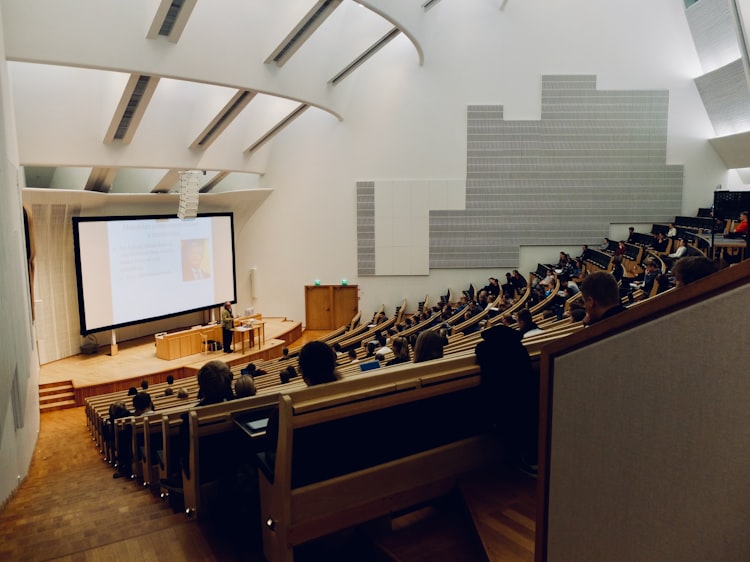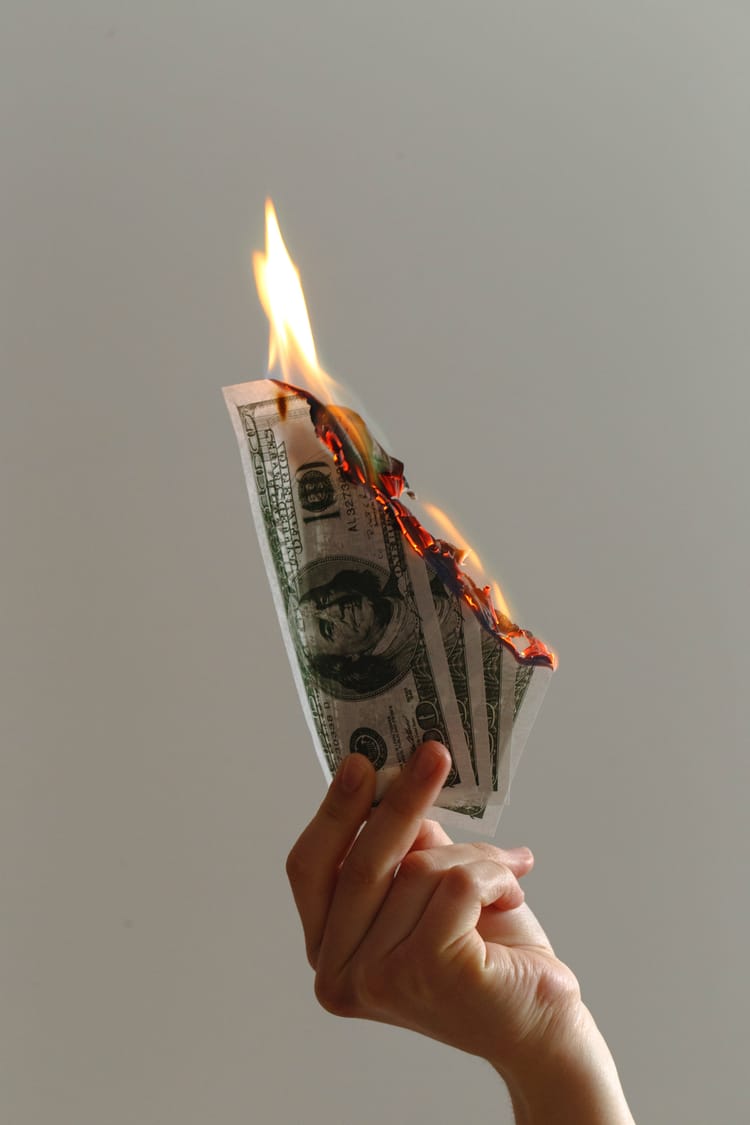Fuck Hakuna Matata
Hakuna Matata!
What a wonderful phrase
Hakuna Matata!
Ain't no passing craze
It means no worries
For the rest of your days
It's our problem-free philosophy
Hakuna Matata!
– Timon & Pumbaa, The Lion King
Life isn't fair. We're taught this from a young age, but we still fall victim to the just-world fallacy. At some level, we continue to think that people will get what they deserve.
That successful startup founder? They got lucky, sure, but also worked hard and were smarter than the competition. And we'll get there someday. So we tell ourselves that we're on a journey, that it will all work out in the end. Trust Steve Jobs: You can only connect the dots looking backward.
No worries, right? Hakuna matata.

The Little Agency We Have
Not so fast.
Saying things like "It’ll all work out in the end" or "Everything happens for a reason" is the secular equivalent of telling a homeless person "I'll pray for you". That's nice, but what they really need is some money, or some food, or, you know, a home.
Fundamentally, this is nihilism gilded with a few upbeat, feel-good clichés. It denies our agency and responsibility for growth as a human being. Nothing matters, so I have no responsibilities to the world around me.
"Everything happens for a reason" = I neither recognize nor accept that my actions have consequences for which I am ultimately accountable
— Nils Parker (@NilsAParker) March 13, 2012
And we have so little agency to begin with! 99% of life is sheer luck: where you were born (both a specific country or city and at this point in history), your economic circumstances, your family, your genetic makeup. Perhaps 1% of the results you achieve in life can be attributed to your own decisions and hard work. So by espousing hakuna matata, we dispossess ourselves of the tiny amount of agency we do have.
No, not everything happens for a reason. Sometimes terrible things happen. Full stop. We need to pull our heads out of our asses and acknowledge this fact in order to do something about it.
Similarly, in The Lion King, only when Simba overcomes the nihilism of hakuna matata does he ascend Pride Rock to become an Überlöwe.
But I Crave Meaning
So why do we tell ourselves things like "If it’s meant to be, it’ll be"?
The short answer is that it is comforting. We yearn for our lives to have some sort of narrative. So we commit Camus's philosophical suicide and fall victim to the narrative fallacy.
Here, Meursault has more to offer than Timon and Pumbaa. Timon and Pumbaa run away from life with their philosophy of nihilistic hedonism. Meursault may be apathetic, but through acknowledgement of life's absurdity he fully engages with the world.
As if that blind rage had washed me clean, rid me of hope; for the first time, in that night alive with signs and stars, I opened myself to the gentle indifference of the world. Finding it so much like myself–so like a brother, really–I felt that I had been happy and that I was happy again.
We must embrace radical responsibility, making every attempt to raise the percentage of our lives that we control from that 1% baseline. This is the difference between going gentle into that good night and raging, raging against the dying of the light.
So fuck hakuna matata. Only by acknowledging meaninglessness do we have the freedom to change our lives and the universe for the better.




